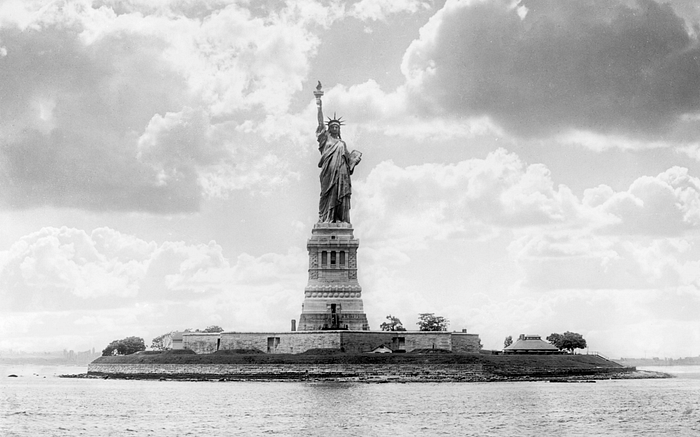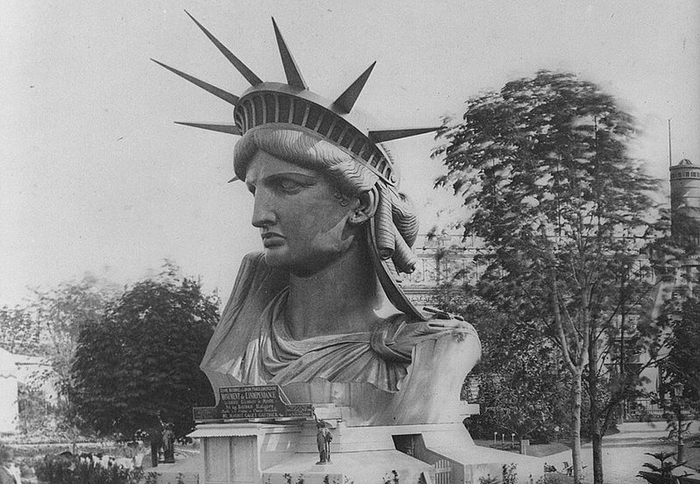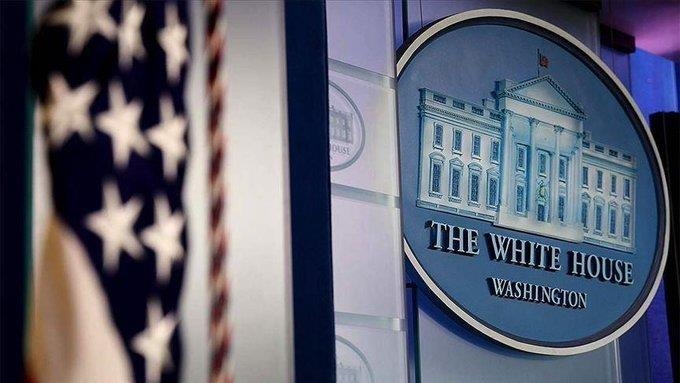Warren Davidson (OH) was the latest Republican to liken vaccine mandates and public health measures to Nazi-era regulations – a practice condemned by Jewish and Holocaust remembrance groups.
Published: JANUARY 13, 2022
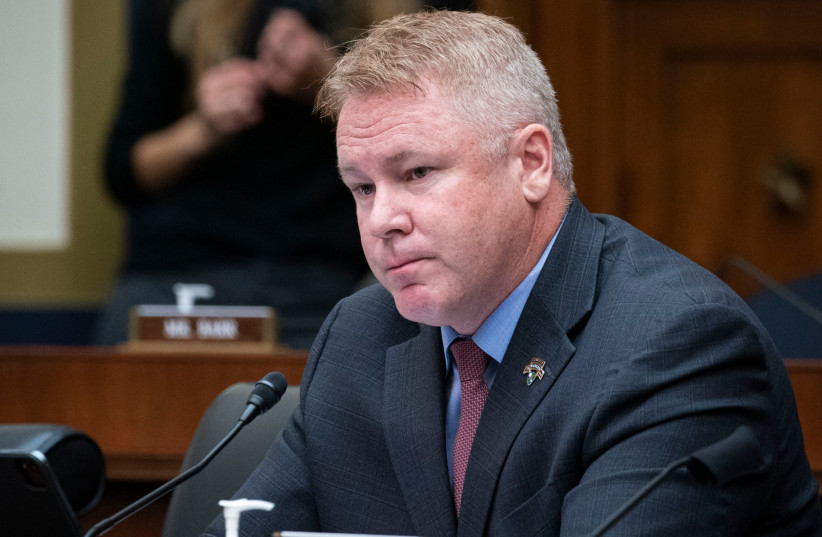
Rep. Warren Davidson, R-Ohio, a Republican from Ohio, listens at a House Financial Services Committee hearing on oversight of the Treasury Department and Federal Reserve coronavirus pandemic response on Capitol Hill on in Washington, DC, Sept. 30, 2021.
(photo credit: Al Drago/Pool via REUTERS)
Warren Davidson, a Republican Congressman from Ohio, posted a photo of a Nazi-era health pass and compared Washington, DC’s vaccine mandate to the Nazis’ dehumanization of Jews in urging local residents not to comply.
Jewish groups and Jewish Democrats blasted Davidson for the comparison, which appeared in a tweet commenting on new vaccine instructions shared by Washington Mayor Muriel Bowser.
“This has been done before,” Davidson said Wednesday on Twitter, posting a Nazi-era health pass that appears to be from a website selling Nazi memorabilia and has been circulating on the internet among anti-vaccine activists. He added the hashtag “#DoNotComply.”
Starting Saturday, anyone 12 and older will need to show proof of at least one vaccine shot before entering D.C. restaurants and other indoor venues.

“Let’s recall that the Nazis dehumanized Jewish people before segregating them, segregated them before imprisoning them, imprisoned them before enslaving them, and enslaved them before massacring them,” Davidson tweeted.
Davidson was the latest Republican to liken vaccine mandates and public health measures to Nazi-era regulations, a practice condemned by Jewish and Holocaust remembrance groups.
Ohio State Rep. Casey Weinstein, a Democrat in that state legislature’s Jewish caucus, pleaded with Davidson to retract the tweet. “Congressman, a vaccine requirement meant to PROTECT lives is NOT the same thing as the systematic GENOCIDAL MURDER of 6,000,000 Jews,” he said on Twitter.
By Brian Rokus and Annie Grayer,
Wed January 12, 2022
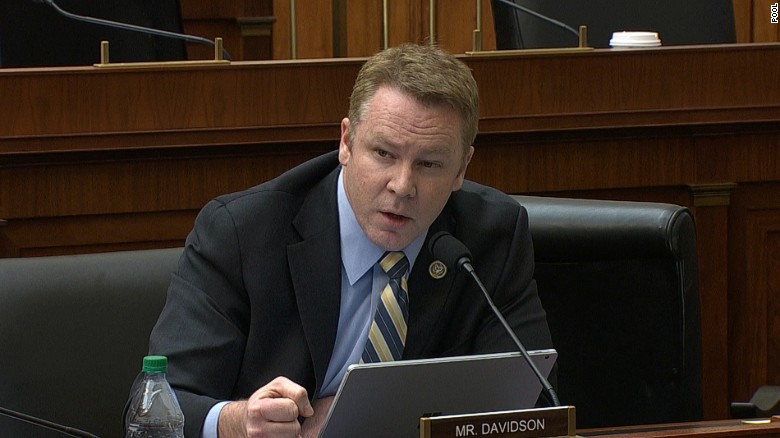
Rep. Warren Davidson, a Republican from Ohio
(CNN)Republican Rep. Warren Davidson of Ohio is drawing condemnation from his House colleagues for his comparison of Washington, DC's vaccine and Covid-19 protocols to Nazi Germany.
Responding to a tweet from DC Mayor Muriel Bowser reminding residents that proof of vaccination will be required to enter many business in the city beginning on Saturday, Davidson tweeted an image of a Nazi document with the comment, "This has been done before. #DoNotComply."
Davidson separately tweeted Wednesday, "Let's recall that the Nazis dehumanized Jewish people before segregating them, segregated them before imprisoning them, imprisoned them before enslaving them, and enslaved them before massacring them."
Democratic Rep. Dean Phillips of Minnesota, who is Jewish, told CNN's Jake Tapper that he confronted Davidson about the tweet
"I told him that the use of such imagery wasn't just a repugnant and dangerous false equivalency, but deeply offensive and painful for Jewish people," Phillips said. "I said I'd debate mandates and tyranny whenever he wishes, but there's no debate on the offense of his post. He could have cared less."
Republican Rep. Adam Kinzinger of Illinois also responded to Tapper, saying, "This is the new politics. It's not about leading anymore. It's about how can we out-outrage the other person."
"It's insane," Kinzinger added. "Every Republican leader needs to be condemning that kind of B.S. right now."
Davidson's office did not immediately respond to CNN's request for comment on the criticism.
The Anti-Defamation League also tweeted a response to Davidson, writing, "It's never appropriate to compare requirements for public health with the tactics of Nazi Germany. As we've said too many times to count, minimizing the Holocaust in this way is deeply offensive and harmful."


